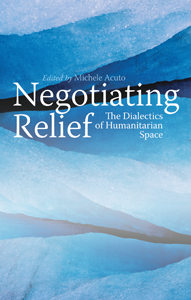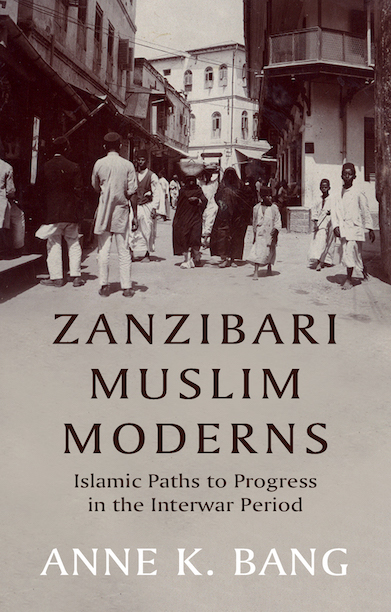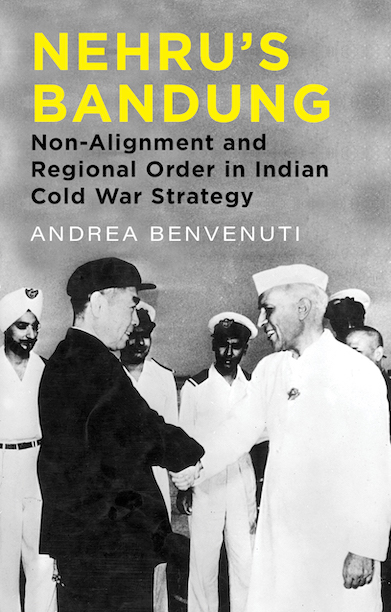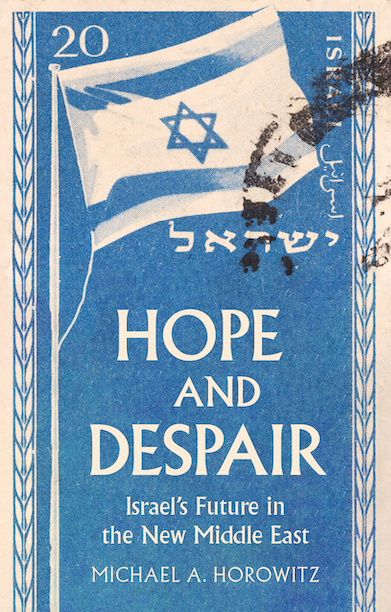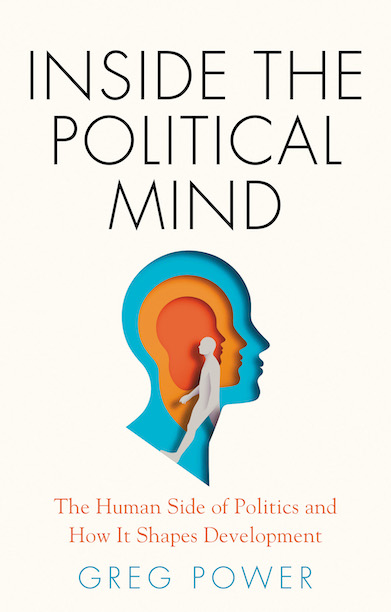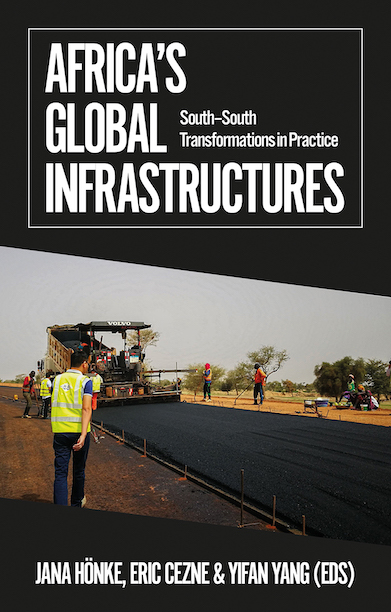Negotiating Relief
The Dialectics of Humanitarian Space
Analyses the complexity of humanitarian diplomacy and the multiplicity of geographies and actors involved in it.
Description
While humanitarianism is unquestionably a fast-growing subject of practitioner and scholarly engagement, much discussion about it is predicated on a dangerous dichotomy between ‘aid givers’ and ‘relief takers’ that largely misrepresents the negotiated nature of the humanitarian enterprise. To highlight the tension between these relationships, this book focuses on the ‘humanitarian spaces’ and the dynamics of ‘humanitarian diplomacy’ (both ‘local’ and ‘global’) that sustain them. It gathers key voices to provide a critical analysis of international theory, geopolitics and dilemmas underpinning the negotiation of relief. Offering up-to-date examples from cases such as Kosovo and the Tsunami, or ongoing crises like Haiti, Libya, Darfur and Somalia, the contributors analyse the complexity of humanitarian diplomacy and the multiplicity of geographies and actors involved in it. By investigating the transformations that both diplomacy and humanitarianism are undergoing, the authors prompt us towards a critical and eclectic understanding of the dialectics of humanitarian space. Negotiating Relief aims to present humanitarianism not only as a relief delivery mechanism but also as a phenomenon in dialogue with both localised crises and global politics.
Table of contents
Editor’s acknowledgements
Preface: The politics of humanitarian space — Thomas G. Weiss
Introduction: Humanitarian puzzles — Michele Acuto
PART I. Questioning humanitarian spaces
1: Is humanitarian space shrinking? — Don Hubert and Cynthia Brassard-Boudreau
2: The humanitarian system: how does it affect humanitarian space? — Sarah Collinson
3: Humanitarianism, perceptions and power — Antonio Donini
4: Imaging catastrophe: the politics of representing humanitarian crises — Roland Bleiker, Emma Hutchinson and David Campbell
PART II. Six spaces for humanitarian politics
5: Humanitarian space in Darfur: caught between the local and the global — Kurt Mills
6: World politics and humanitarianism in Kosovo: a symbiotic relationship? — Andrea Edoardo Varisco
7: Humanitarian intervention in Libya: from empire to empire — Johan Galtung
8: Shifting sands: humanitarian relief in Aceh — Paul Zeccola
9: Spotlights and mirrors: media and the humanitarian community in Haiti’s disaster — Mark Schuller
10: Leap of faith: negotiating humanitarian access in Somalia’s 2011 famine — Ken Menkhaus
PART III. Contested space: interventions and dilemmas
11: Ethical complexity and perplexity: humanitarian actors, disasters and space — Heather M. Roff
12: The responsibility to protect: opening humanitarian spaces? — Alex J. Bellamy
13: Humanitarianism, intervention and the UN: a work in progress — Conor Foley
14: The dilemmas of psychosocial interventions — Phil O’Keefe, Janaka Jayawickrama and Geoff O’Brien
15: The impact of criminalising the enemy on humanitarianism — Fabrice Weissman
16: For humanity or for the umma? Ideologies of humanitarianism among transnational Islamic aid NGOs — Marie Juul Petersen
PART IV. Negotiated space: diplomacy and geopolitics
17: Humanitarians and diplomats: what connections? — William Maley
18: From arrow to path: international relations theory and the humanitarian space — Mathew Davies
19: Intersecting disasters: eschewing models, embracing geopolitics — Jennifer Hyndman
20: Humanitarianism, development and the liberal peace — David Chandler
21: Humanitarian diplomacy: the ICRC experience — Fiona Terry
22: On ‘opening’ humanitarian diplomacy: a dialectic space — Michele Acuto
>> Antonio Donini’s chapter in this volume — ‘Humanitarianism, Perceptions and Power’ — first appeared in:
Caroline Abu -Sada (ed.), In the Eyes of Others: How People in Crises
Perceive Humanitarian Aid, MSF, NYU’s Center on International Cooperation
(CIC), Humanitarian Outcomes, 2012
and is reproduced here with the kind permission of the editor and of Médecins Sans Frontières, available here: http://www.msf-ureph.ch/en/eyes-others-how-people-crises-perceive-humanitarian-aid-en
Reviews
‘This is a very valuable collection. Michele Acuto has sketched out a new way of looking at humanitarian diplomacy, and brought together an impressive array of humanitarian scholars to examine what it means for humanitarian action to take an ever larger place in local and international politics. An excellent one-stop shop for humanitarian students and professionals alike.’ — Hugo Slim, Senior Research Fellow at the university of Oxford Institute for Ethics, and author of Killing Civilians: Method, Madness and Morality in War
‘One of the most notable features of modern society is the internationalisation of the human conscience and one of the great advances of the last hundred years has been the universalisation of the human rights norm. What does this signify for public policy in local and international politics? What is the humanitarian community, who are the humanitarian actors, is there such a thing as humanitarian space, and how sacrosanct should it be? A stellar cast of authors is assembled in this impressive volume to guide us towards answers to these critical questions of contested humanitarianism in an increasingly congested global space.’ — Ramesh Thakur, Professor, Crawford School of Public Policy, Australian National University, and Editor-in-Chief, Global Governance
‘One of the many virtues of this book is to move beyond a sterile debate between advocates of a “pure” humanitarianism and those who regard this as a myth about a golden age that has never existed. This high level collective volume includes overviews, thematic essays and case studies by experts with differing perspectives. It amply demonstrates the editor’s conclusions that the important theoretical and practical tasks are now to engage effectively in a complex field in which the basic frames, institutions and norms of humanitarian spaces are called into question. The volume will be a key work for both specialists and those seeking an informed introduction to the major issues.’ — Michael Newman, Emeritus Professor of Politics and Jean Monnet Professor of European Studies, London Metropolitan University, and author of Humanitarian Intervention: Confronting the Colonies
Editor(s)
Michele Acuto is Research Director and Senior Lecturer in Global Networks & Diplomacy in the Department of Science, Technology, Engineering and Public Policy (STEaPP) at University College London.
